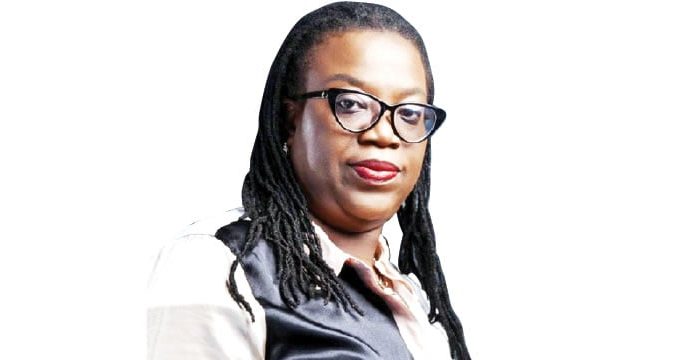
The Women Advocates Research and Documentation Centre on Sunday renewed calls for stronger policies and investment in menstrual health, gender equality, and girls’ empowerment as the world marks the 2025 International Day of the Girl Child.
WARDC is a Nigerian non-governmental organisation founded in 2002 by human rights lawyer and activist, Dr Abiola Akiyode-Afolabi.
The organisation focuses on promoting women’s rights, gender equality, social justice, and democratic governance through advocacy, legal reform, policy engagement, and community mobilisation.
Aligning with this year’s national theme by the Federal Ministry of Women Affairs, “The Girl I Am, The Change I Lead: Girls on the Front Lines of Crisis”, WARDC urged governments and communities to confront period poverty, promote menstrual hygiene, and uphold the dignity of girls across Nigeria, especially in rural areas.
In a statement, WARDC’s Founding Director, Dr Abiola Akiyode-Afolabi, said empowering girls through health, dignity, and justice is central to achieving gender equality and sustainable development.
“We must break the culture of silence and stigma surrounding menstruation and ensure no girl is left behind simply because of a natural biological process,” Dr Akiyode-Afolabi said.
She noted that despite progress in education and healthcare, millions of Nigerian girls still face period poverty, the inability to access sanitary products, proper hygiene facilities, or adequate menstrual education.
“Reports show that one in ten girls in Africa misses school during her period, and up to 25 per cent of Nigerian schoolgirls lack access to safe menstrual hygiene products. In rural areas, the situation is even worse because water and sanitation facilities are often nonexistent”, she said.
WARDC explained that period poverty has far-reaching consequences, from frequent school absenteeism and psychological trauma to increased risk of infections, early school dropout, and child marriage.
The organisation commended Bauchi State for taking a pioneering step with the establishment of a Menstrual Bank, which provides free sanitary products to girls in schools and underserved communities.
“The Bauchi Menstrual Bank is a bold and commendable innovation,” Dr Akiyode-Afolabi said. “It reflects a deep understanding of the link between menstrual health, education, and girls’ empowerment. We call on other state governments to replicate and expand this model nationwide.”
The group called for increased budget allocations for girls’ health and hygiene programmes, community sensitisation and male engagement to end menstrual stigma
“Menstrual health is not just a woman’s issue — it’s a national development issue. Girls cannot lead change if they are denied dignity. Empowering them with education, safety, and health is the foundation of a stronger society”, Dr Akiyode-Afolabi stressed.
As the world celebrates the International Day of the Girl Child, WARDC reaffirmed its commitment to advancing the rights and voices of girls through legal advocacy, policy influence, research, and community mobilisation.
“When girls are empowered, societies thrive. Girls are not just victims of crisis; they are leaders, innovators, and change-makers. Let us rise to this moment, fight stigma, and protect every girl’s right to live with dignity”, Dr Akiyode-Afolabi concluded.
Globally, menstrual health has gained recognition as a human rights and public health issue, closely linked to education, gender equality, and economic participation.
In Nigeria, the absence of a comprehensive national menstrual health policy has hindered consistent implementation of programmes across states, leaving many girls in rural communities vulnerable to stigma, absenteeism, and poor reproductive health outcomes.
-The Punch






Be the first to comment